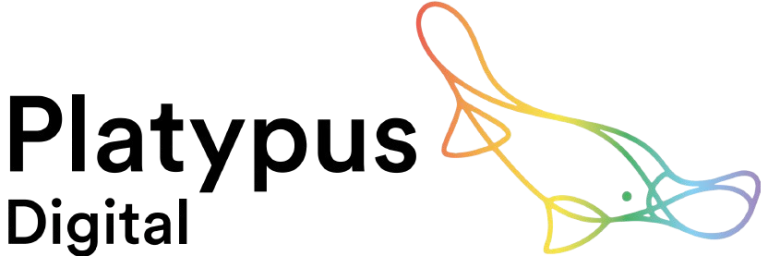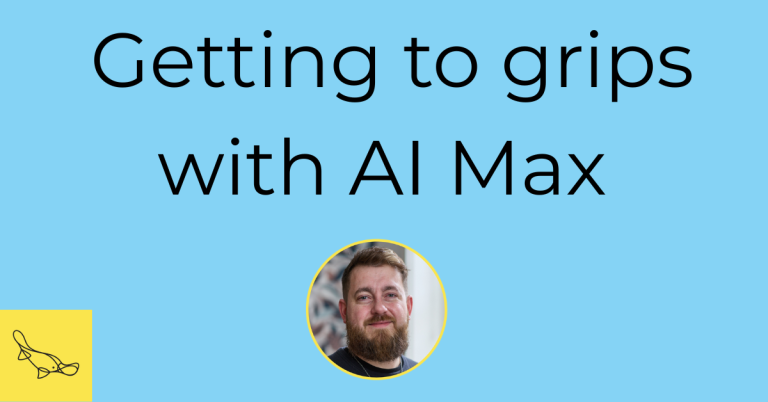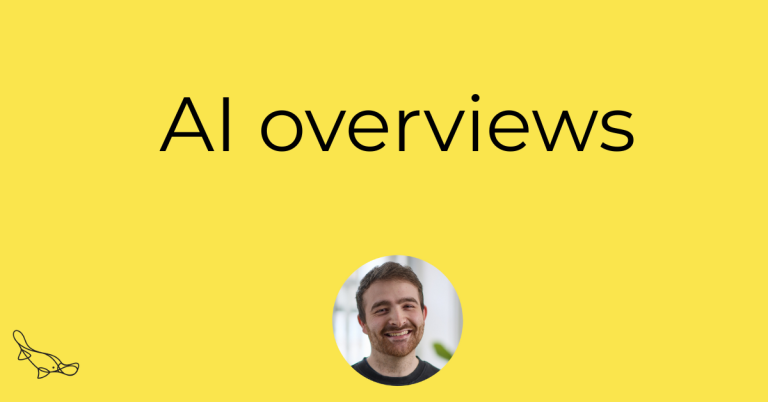Recruitment methods haven’t changed a whole lot in the last 30 years. CVs and in-person interviews have stood the test of time, even though they don’t really make for a fair process.
But what is fair recruiting? Essentially, it’s about creating a hiring process that is non-discriminatory, consistent, objective and free from unconscious bias. Candidates should be assessed according to their skills – not by their race, gender, disability or even where they’ve worked before.
At Platypus, we’re proud of the fair recruiting process we’ve built, but as with any ‘objective’ approach, it’s always a work in progress. We hope our system can inspire other organisations just starting to tackle fair recruiting.
Why invest in fair recruiting?
Bias is a part of life and often unavoidable; it’s why it’s often called ‘unconscious bias.’ However, unconscious bias in recruiting may prevent you from hiring the best person for the role.
Our internal biases about everything from race, disability, and gender can impact who we hire – and this could mean we’re hiring, or not hiring, someone based on our misconceptions about them.
Instead, fair recruiting works to remove bias and subjectivity from the hiring process. It ensures that you’re finding the right person for the role every single time, based solely on their skills and capabilities.
The job advertisement
Our transparent recruiting process begins with our job advertisement.
For starters, we always ensure the proposed salary is on the job advert. We’re a proud supporter of Show the Salary, a campaign working to make the charity sector fairer by encouraging all companies to state their salaries on jobs ads.
Salary negotiations can also make for an unfair hiring process. If candidates can negotiate, chances are your proposed salary isn’t market rate.
Not to mention the fact that some groups, like men and other candidates from privileged backgrounds, are more likely to negotiate. So, advertise the salary, make sure it’s genuinely competitive, and leave out negotiations from the process.
The application stage
Many organisations still use CVs at the application stage, but a genuinely fair process doesn’t use CVs.
Instead, we use skills-based questions and tasks to objectively evaluate candidates – it means you’re not just choosing to interview someone just because they’ve worked at a big name like Meta or Google.
At Platypus, as the first part of an application, candidates complete an online application form. These are evaluated anonymously, with personal information, employment history, and education history removed to prevent bias from creeping in.
We then invite shortlisted candidates to complete a skills-based task related to the role. We allow them to choose when to complete it so everyone gets a fair opportunity to succeed. For example, time slots are available before 9am and after 5pm to ensure work or other commitments don’t interfere with a candidate’s ability to do the test.
Holding fair interviews
We ensure that candidates invited to interview at Platypus haven’t communicated with any of our hiring panel beforehand. Vice-versa, our hiring team hasn’t spoken with candidates, protecting objectivity.
They also won’t have seen the interviewees’ LinkedIn profiles or CVs beforehand. The hiring panel will meet each candidate for the first time, with no expectations or internal bias influencing the interview. This can surprise candidates, who refer to things they said in their application when the panel isn’t linking the candidate to any particular application!
However, each candidate will receive essential information about the interview, such as what the hiring team is judging them on, and the topics of questions beforehand, so they know what to expect.
We split interview questions between technical requirements and questions about our values and culture. We grade each question on a scale of 0-5, depending on the quality and relevancy of the answer.
After the interview, we add up the scores to get an indicative final score. We don’t base our decision wholly on the final score – other factors can come up in the interview – but it’s a huge part of it.
If your interviewing process is more rigorous – for example, an entire day of practical assessments – consider paying candidates for their time to prevent some candidates from being deterred.
Creating a fair recruitment process
Developing a fair recruiting process takes time – especially if this isn’t something you’ve previously incorporated into your hiring.
Fair recruiting ensures that you give every candidate the best chance to succeed, regardless of their circumstances, background, or identity. And at the end of the process, you’ll be certain that you’ve chosen the right person for the position – someone who brings the right skills and values to thrive in your organisation.





